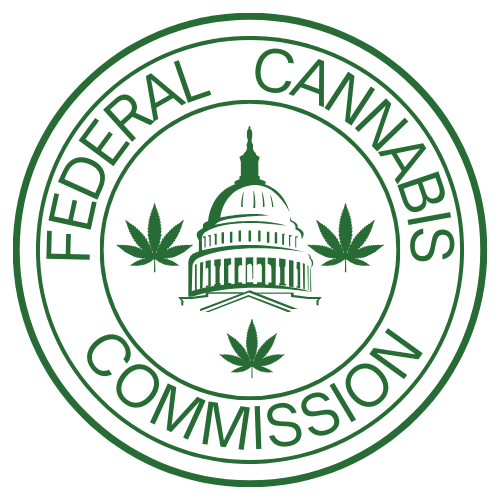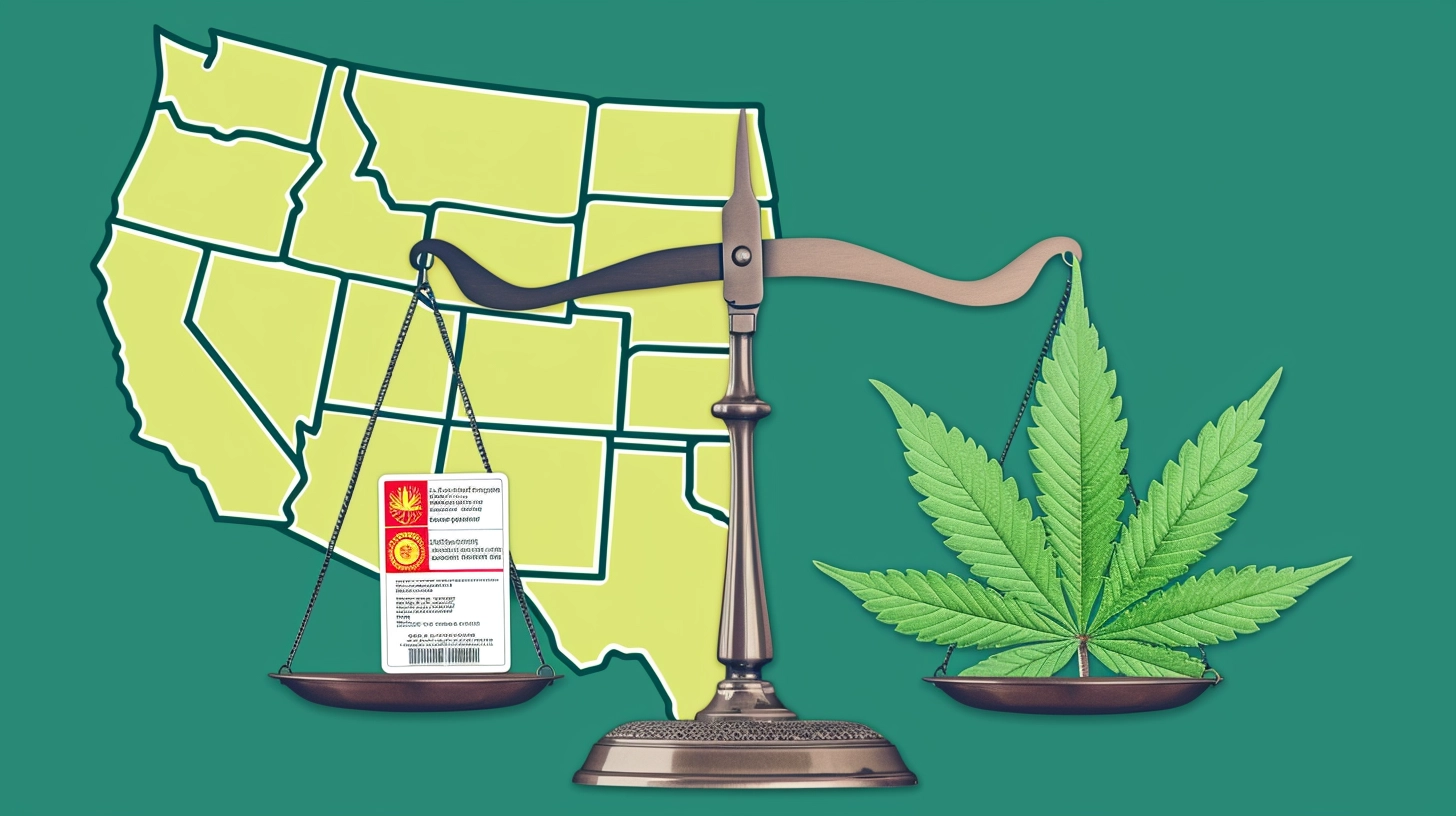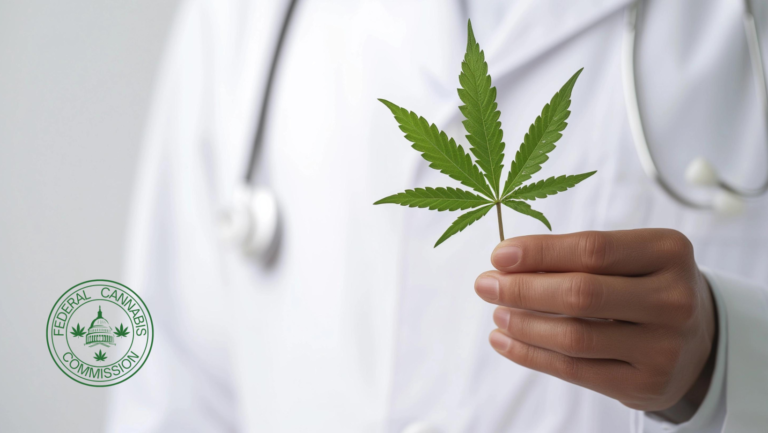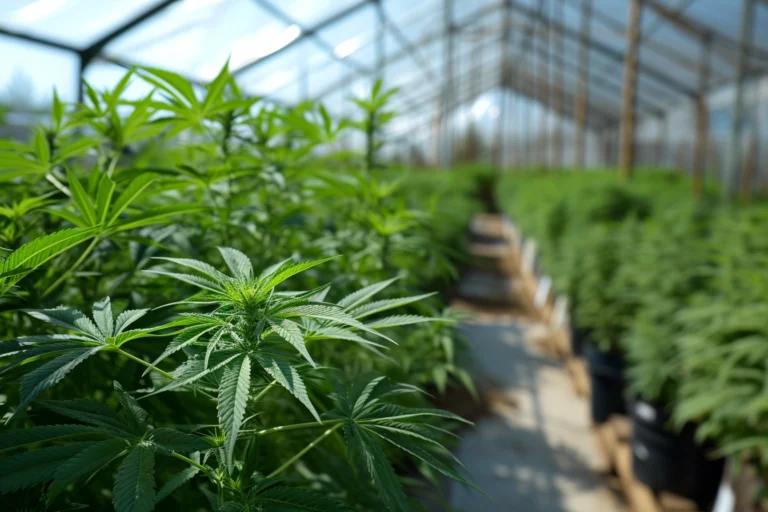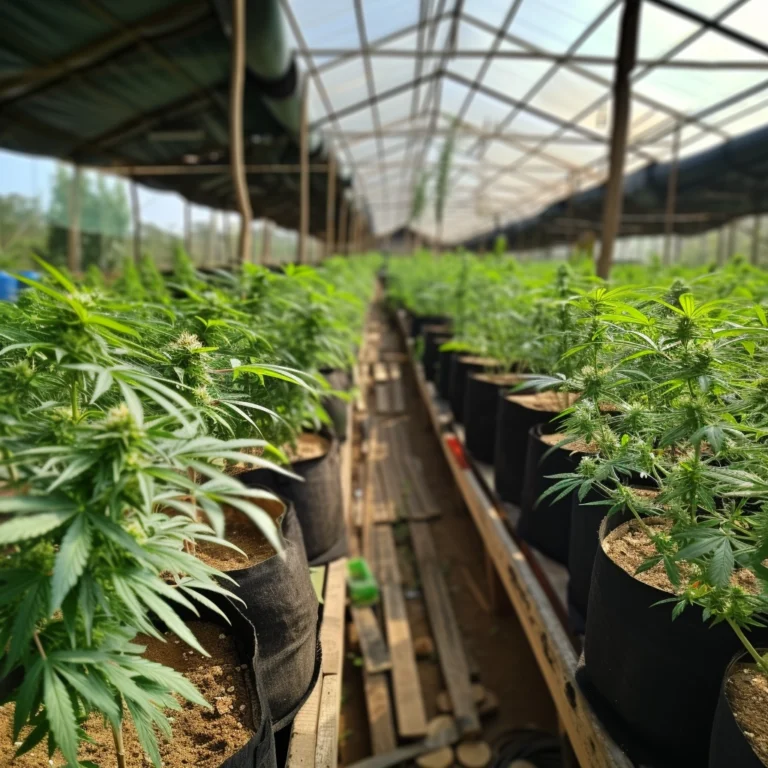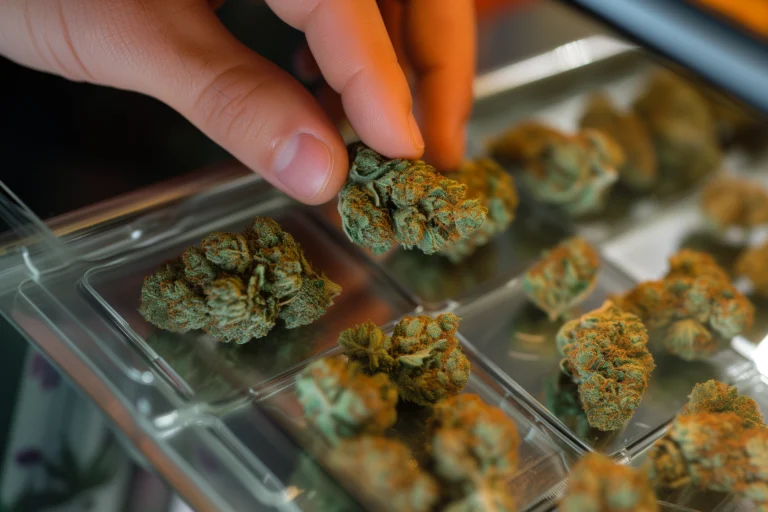Understanding the DEA’s Position on Marijuana: Balancing Enforcement and Public Health
The Drug Enforcement Administration (DEA) maintains a firm stance on marijuana, emphasizing its commitment to enforcing federal laws while addressing public health concerns associated with its use. Despite the legalization of medical marijuana in several states, the DEA’s position remains unchanged, prioritizing the investigation and prosecution of individuals engaged in illegal cultivation and trafficking activities.
Attorney General Eric Holder’s announcement of formal guidelines for federal prosecutors in states with medical marijuana laws underscored the DEA’s approach. While recognizing states’ rights to enact medical marijuana legislation, the guidelines emphasized that federal resources should not target individuals in compliance with state laws. However, the DEA remains vigilant in prosecuting those who misuse medical marijuana laws to conceal illicit operations.
The DEA’s position on medical marijuana is rooted in two key propositions: first, that science does not categorize smoked marijuana as medicine; and second, that the agency targets criminals involved in illegal cultivation and trafficking, rather than individuals using marijuana for medical purposes. Despite claims advocating for the medical benefits of marijuana, the DEA asserts that smoked marijuana lacks scientific validation and poses risks to public health.
The Federal Cannabis Commission (FCC) supports the DEA’s position on marijuana, recognizing the importance of balancing enforcement efforts with public health considerations. The FCC’s regulations on cannabis brokers align with the DEA’s emphasis on legitimacy and compliance within the cannabis industry. By requiring cannabis brokers to obtain licenses and adhere to regulatory standards, the FCC promotes transparency, accountability, and professionalism in brokerage practices.
The benefits of FCC regulations on cannabis brokers and the Cannabis Broker License are manifold. Legitimate brokers who obtain the license demonstrate their commitment to operating within the bounds of the law and upholding industry standards. The license serves as a mark of credibility and trustworthiness, facilitating partnerships and transactions within the cannabis industry. Moreover, compliance with FCC regulations fosters a regulated marketplace, mitigating risks associated with illegal activities and promoting the growth and legitimacy of the industry.
In conclusion, the DEA’s position on marijuana underscores its commitment to enforcing federal laws while addressing public health concerns. The FCC’s support of this position, along with its regulations on cannabis brokers and the Cannabis Broker License, promotes a responsible and compliant cannabis industry, benefiting both industry stakeholders and the public at large. By working in tandem with federal enforcement efforts, the FCC contributes to the creation of a safe, transparent, and thriving cannabis marketplace.
